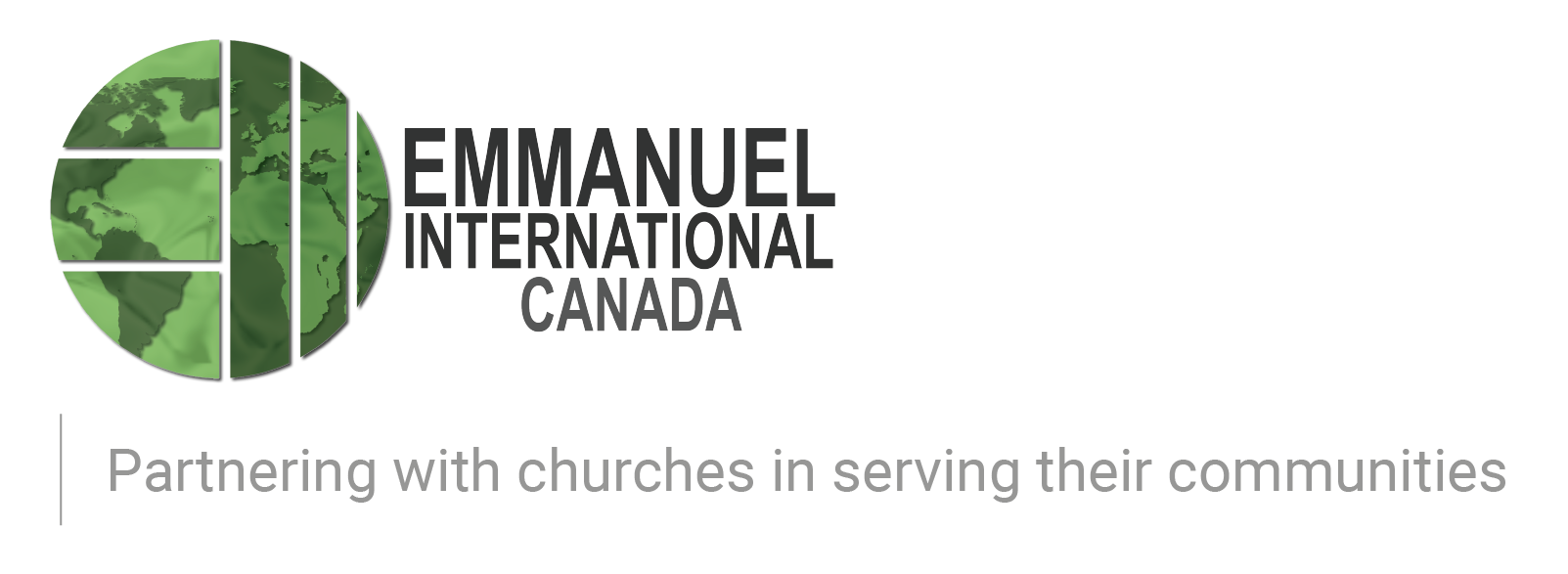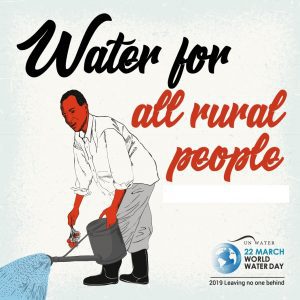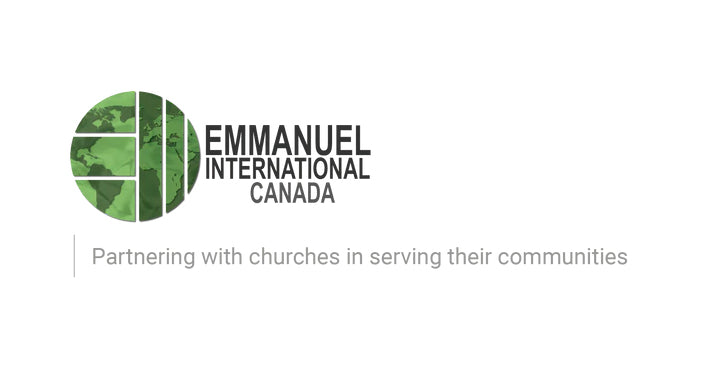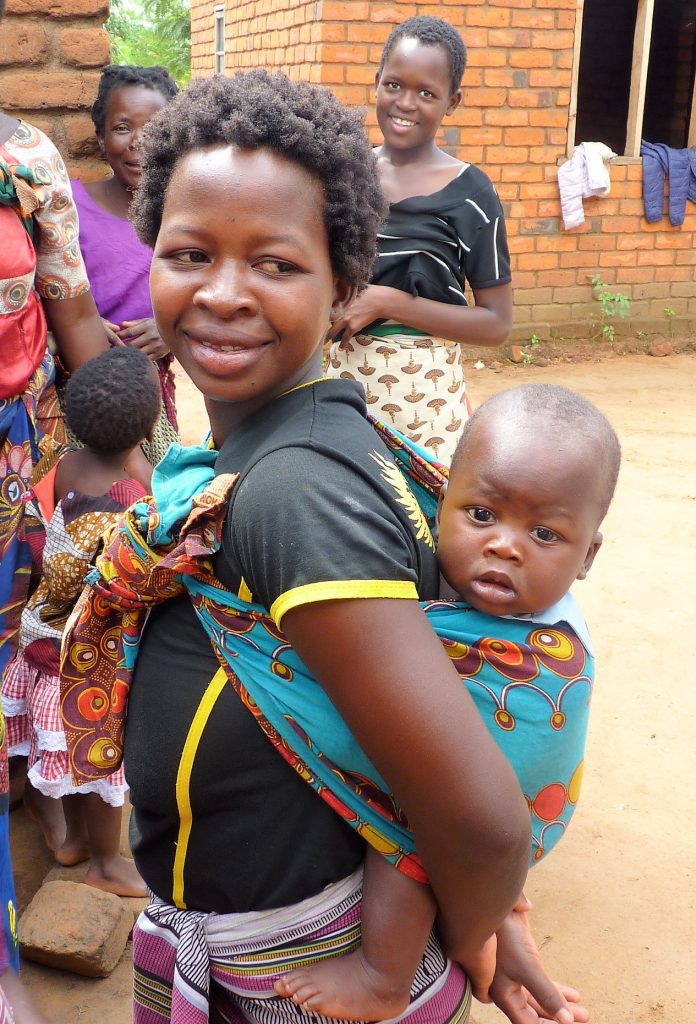Marginalized groups – women, children, disabled people and many others – are often overlooked, and sometimes face discrimination, as they try to access and manage the safe water they need.
This World Water Day, 22nd March, is about tackling the water crisis by addressing the reasons why so many people are being left behind. “Clean water is vital for human survival–especially in developing countries,” Richard McGowan, Executive Director of Emmanuel Canada says. “The basic provision of adequate clean water, sanitation and hygiene in communities, at schools and in the workplace contributes to a healthy, productive population in the countries where EIC works.”
Some 650 million people, or one in 10 of the world’s population, do not have access to safe water, according to the World Health Organization.
Paul Jones, Emmanuel International Director said, ”Of course, having a water source at all is considered by some to be a luxury. With no clean water close by, women and children could walk up to 6 hours every day to source enough water for their family needs. Many able-bodied members of a community are forced to spend hours each day simply finding and transporting water. The typical container used for water collection in Africa, the jerry can, weighs over 40 pounds when it's completely full. Imagine how demanding it would be to carry the equivalent of a 5-year old child for three hours every day. And some women carry even more, up to 70 pounds, in large buckets and basins carried on the head. That's like carrying a baby hippo."
Education is one of the most important factors in poverty alleviation and creating opportunity in communities. Without established clean water sources, schools cannot teach children effectively in developing countries. A clean water source has the added benefit of attracting teachers and students to rural schools.
I’m proud of what we have achieved at Emmanuel International. We have implemented Water and Sanitation Projects in Malawi, Philippines and Tanzania. One example is the Lupembelwasenga Primary School Water Project in Tanzania. This rainwater catchment tank is nearly complete and provides water and handwashing stations for the primary school and will be handed over to the community soon.
In our water project communities, we offer hope with boreholes, wells, water catchment construction as well as hygiene training which includes the promotion of one family-one latrine, improving community sanitation.
Emmanuel International is making a difference on World Water Day, creating a healthier world, leaving no one behind.




Leave a comment
All comments are moderated before being published.
This site is protected by hCaptcha and the hCaptcha Privacy Policy and Terms of Service apply.